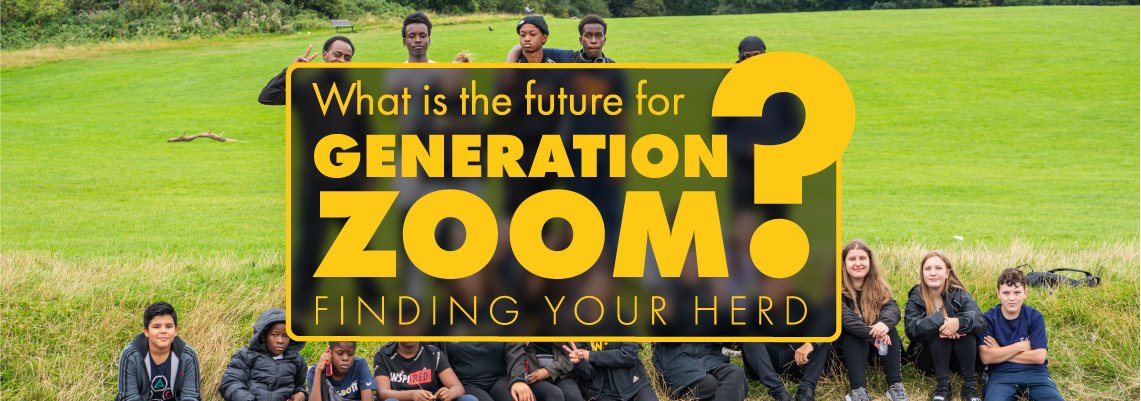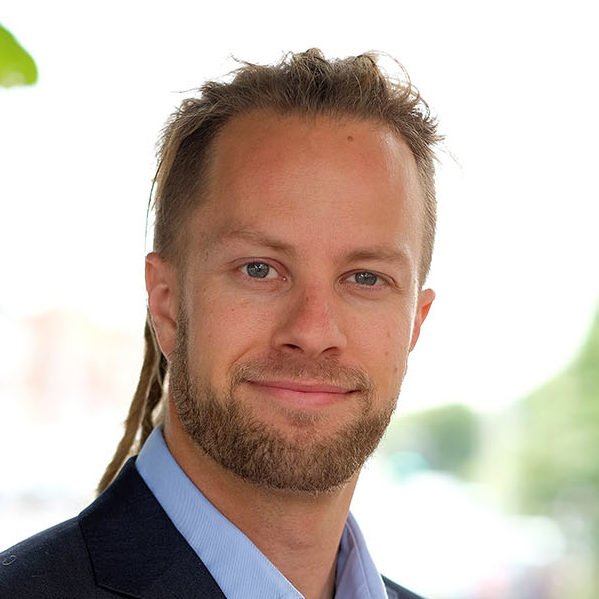On Wednesday 19th January 2022, we hosted an online event to explore the effects of lockdown on young people and the impact on their mental health.
We wanted to know: what long-term effect will multiple lockdowns and two years of social distancing have on the mental health of young people?
In the wake of COVID and the escalating mental health crisis, it was not surprising that the discussion in the webinar revolved around how we and the wider community can support and help build resilience for young people. This is something Lifeline has always been committed to. We endeavour to create effective and low-cost solutions that are efficient and sustainable.


Our keynote speaker was Jon Yates, Executive Director of the Youth Endowment Fund, a charity that works to prevent young people becoming involved in violence through funding, evaluation, and deseminating good practice. He has two decades of experience with youth and community work, and has recently published his first book, Fractured, which explores why society has become so divided and how we can heal the rifts.
We also put questions to a panel of experts and local decision-makers, featuring:


Professor Jim McManus, President of the Association of Directors of Public Health as well as Director of Public Health for Hertfordshire.
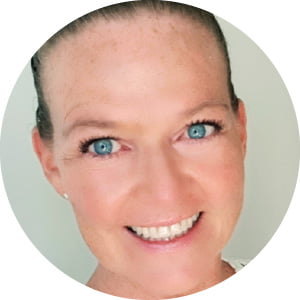

April Bald, Operations Director for Children’s Care and Support in Barking and Dagenham for the last three years. She has been involved with social work for 33 years, and has previously worked with local authorities in London and South Africa.
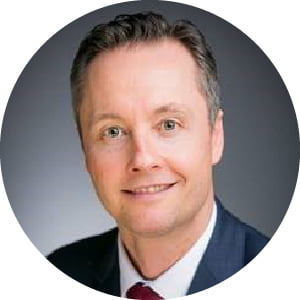

Trevor Cook, Assistant Director for Education Services in Havering since 2018. He has a strong commitment to improving services to children, young people and families with nearly 30 years of experience in the education and skills sector.
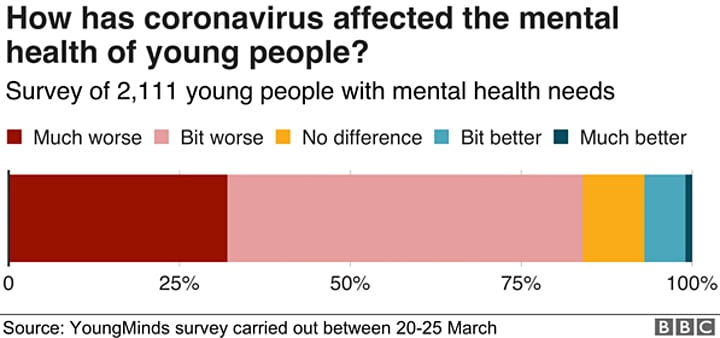

About SW!TCH Minds
SW!TCH Minds is a 1:1 mentoring programme for young people aged 12-18 that operates in 18 partner schools across the three boroughs. It works with young people who have been identified as being at risk of poor mental health and associated risk-taking behaviours. It is an integrated programme that works closely with teaching and school staff as identification and referral partners, and local CAMHS and young people’s services practitioners via the Health and Wellbeing Board.
Recognising that half of all mental health conditions are established by the age of 14, the purpose of the programme is to address early and unmet mental health needs in the 12-18 age range through the provision of targeted, community-led mentoring and inclusion in positive activities programming, community and youth groups.

